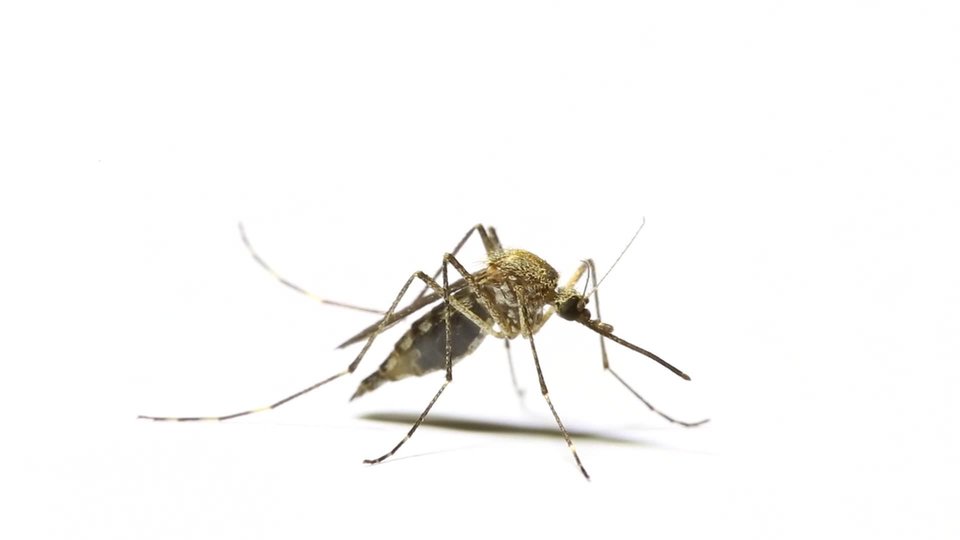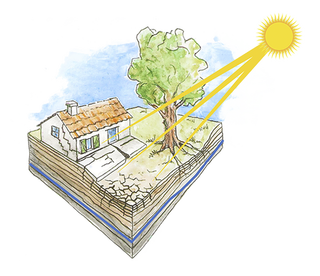Does a changing climate make us ill?
In the One Health PACT consortium, Deltares is working with the Royal Netherlands Meteorological Institute and Leiden University, to see what we can expect if land use, the shifting of climate zones, and our travel and import patterns introduce new diseases to the Netherlands. The project coordinator is Marion Koopmans, professor of virology in Rotterdam, and head of the virus sciences department at Erasmus Medical Centre.
Turning the dials
The researchers are trying to work out together which ‘dials’ you need to turn to control infectious diseases. They are looking at disease vectors such as mosquitoes but also at climate developments over the next 100 years, migratory birds, and virus variants. The ‘dials’ include land use, travel, or imports of plants and animals. What happens when you turn a given combination of dials (aka a scenario)? Does that put us more, or less, at risk of exotic viral diseases?
About the role of mosquitoes
Mosquitoes play an obvious role in the transmission of infectious diseases. In late 2020, the West Nile virus was diagnosed in a handful of people in the Netherlands. It is not beyond the realms of imagination that we will be seeing infections of this kind frequently. Even so, at present, these are still isolated incidents. Mosquito researchers in the One Health PACT project discovered that poor ecological water quality, with a lot of nutrients in the water, makes mosquitoes grow bigger and that they therefore spread further. In addition, they have fewer natural enemies in these waters. Can an isolated incident become an epidemic? The researchers hope to learn more through a combination of field measurements, experiments and modelling.
Prevention better than cure
Eline Boelee, a water and health expert at Deltares: ‘Ultimately, we want to work together to predict risks. When can we expect an epidemic and where? Can you prevent epidemics and how should you prepare society? In the meantime, we are already trying to process and test the knowledge we are acquiring at the moment in the form of measures.’
The project (NWA.1160.1S.210) is largely financed through the National Science Agenda of the Netherlands Organisation for Scientific Research (NWO), and in part from the Deltares strategic research budget. The study will continue until late 2024.
More information

Eline Boelee
Water and health expert




